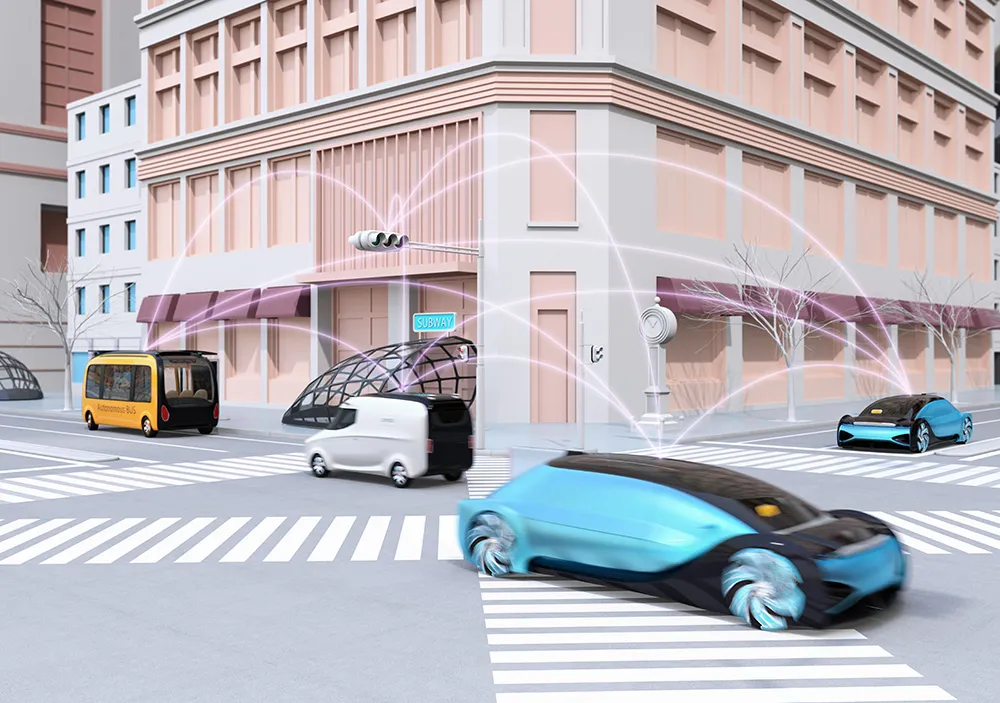Teleste is to help the Prince of Songkla University (PSU) in Thailand develop smart campus applications for transport and street lighting.
PSU students and researchers will utilise Teleste’s advanced video management, Internet of Things and situational technologies to develop new services and applications.
The project is being launched in support of the government’s Digital Thailand 4.0, an initiative which seeks to establish an economy based on digital computing technologies.
Dr. Wasin Suwannarat, vice president for Hat Yai Campus for PSU, says: “The Smart Campus Project is funded as part of the ‘Big Rock’ budget, a government initiative to promote innovation in industry.”
Teleste says its VMX video management system will create a flexible platform for application development based on open architecture.
The S-Aware system will connect all the gathered sensory and video streams for intelligent traffic systems and CCTV systems onto one management interface for a clear overview of any situation, the company adds.
According to Teleste, users can integrate S-Aware with video and data solutions from third-parties to enable the use of data analytics and facial recognition.
Local system integrator Point IT Consulting will install the system on the campus and provide support and maintenance services.
Teleste to enable development of smart campus applications in Thailand
Teleste is to help the Prince of Songkla University (PSU) in Thailand develop smart campus applications for transport and street lighting.
PSU students and researchers will utilise Teleste’s advanced video management, Internet of Things and situational technologies to develop new services and applications.
The project is being launched in support of the government’s Digital Thailand 4.0, an initiative which seeks to establish an economy based on digital computing technologies.
Dr. Wasin Suwannarat, vi
March 6, 2019
Read time: 2 mins









